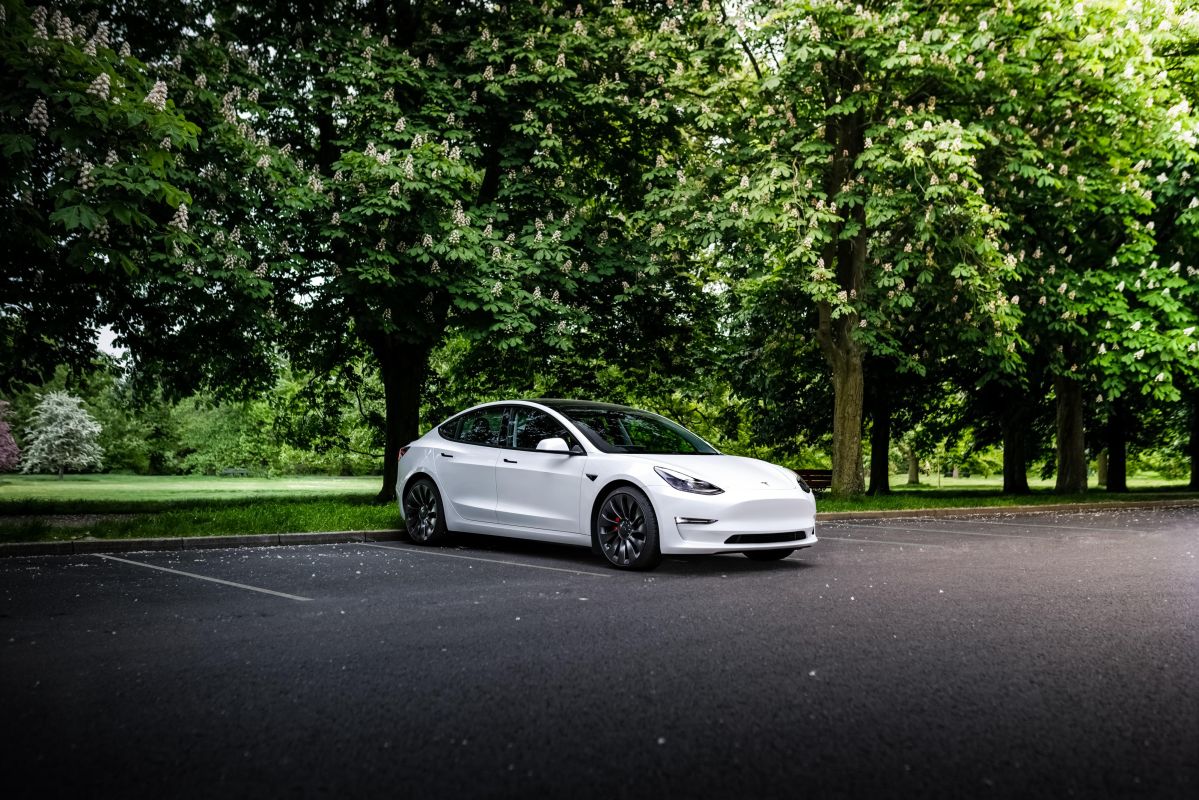Rental giant Hertz Global Holdings is selling approximately 20,000 electric vehicles from its U.S. fleet, a move driven by increased costs related to collisions and damage---a departure from the company's earlier commitment to electric vehicles, which included substantial orders from Tesla and Polestar.
Hertz's decision comes in light of financial pressures, as noted in a recent regulatory filing. "Expenses related to collision and damage, primarily associated with EVs, remained high in the quarter," the company said.
This move is a pivot from Hertz's ambitious goal, set earlier, to have 25% of its fleet electric by the end of 2024.
The company's shares fell by about 3% at market open following the announcement.
Hertz previously made headlines with its order of 100,000 Teslas by the end of 2022 and a subsequent agreement to purchase up to 65,000 units from Swedish EV maker Polestar over five years.
This shift will have notable financial implications for Hertz. The company anticipates approximately $245 million in incremental depreciation expenses from the proposed sale in the fourth quarter of 2023. Moreover, Hertz warned of a potential impact on its adjusted corporate core profit for the same period.
Despite this setback in its EV endeavors, Hertz remains committed to optimizing the profitability of its remaining electric vehicle fleet. Currently, Hertz's used car website lists more than 700 EVs for sale, including models such as the BMW i3, Chevrolet Bolt and Tesla Model 3 and Model Y SUVs.
The company's decision to reduce its electric vehicle holdings and revert to gas-powered vehicles reflects the ongoing challenges in the EV market, particularly in the rental sector, where costs and logistics of maintaining such vehicles have proven more complex than anticipated.













